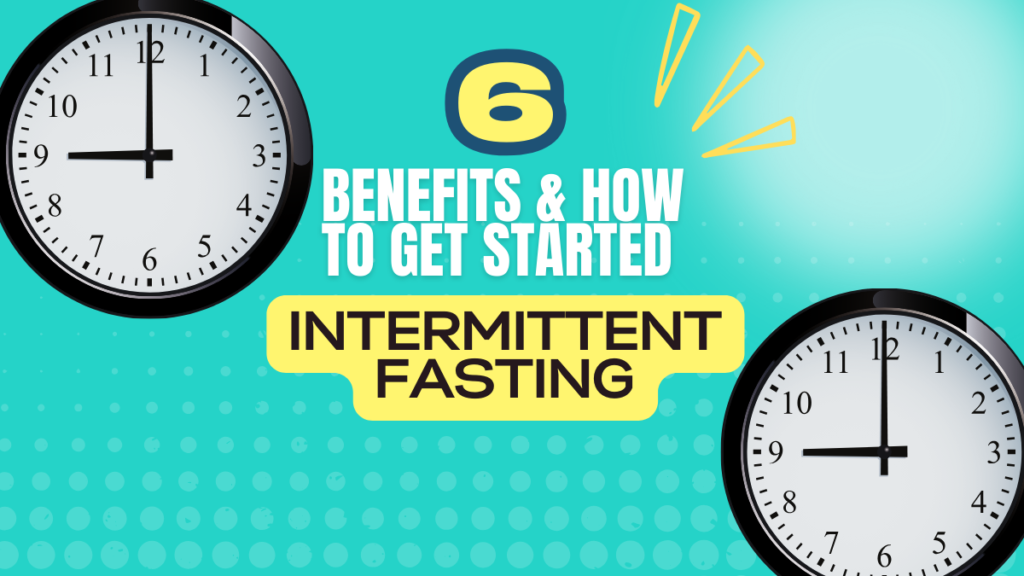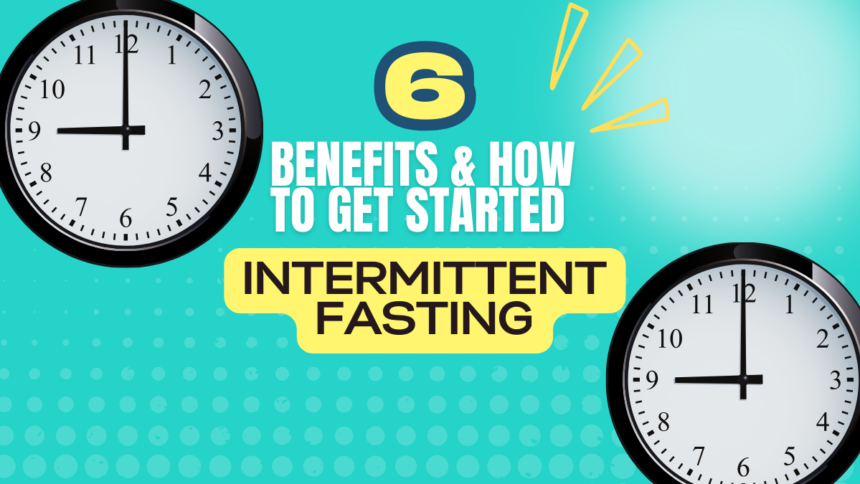Intermittent Fasting

What is Intermittent Fasting?
Intermittent fasting is an eating pattern that cycles between periods of eating and fasting. Unlike traditional diets that focus on what to eat, IF focuses on when to eat. This approach allows your body to take breaks from digestion, leading to various health benefits.
Some of the most common intermittent fasting methods include:
- 16/8 Method – Fasting for 16 hours and eating within an 8-hour window.
- 5:2 Diet – Eating normally for five days a week and reducing calorie intake to about 500–600 calories on two non-consecutive days.
- Eat-Stop-Eat – Fasting for a full 24 hours once or twice a week.
- Alternate-Day Fasting – Alternating between fasting and regular eating days.
- OMAD (One Meal a Day) – Eating only one meal per day, usually within a one-hour window.
Video Credits
Benefits of Intermittent Fasting
1. Promotes Weight Loss and Fat Burning
Fasting helps reduce calorie intake, but more importantly, it enhances fat burning by lowering insulin levels and increasing human growth hormone (HGH) production. This leads to more efficient fat metabolism.
2. Improves Insulin Sensitivity and Blood Sugar Control
IF helps lower insulin resistance, reducing the risk of type 2 diabetes. Studies show that fasting can lower blood sugar levels by up to 6% and insulin levels by 20-31%.
3. Supports Brain Health and Cognitive Function
Fasting increases the production of brain-derived neurotrophic factor (BDNF), a protein that supports brain function and may reduce the risk of neurodegenerative diseases like Alzheimer’s.
4. Enhances Heart Health
Intermittent fasting has been linked to improved cholesterol levels, lower blood pressure, and reduced inflammation—all of which contribute to a healthier heart.
5. Aids in Cellular Repair and Longevity
During fasting, the body undergoes autophagy, a process where damaged cells are removed and recycled. This can help slow down aging and reduce the risk of certain diseases.
6. Boosts Energy and Mental Clarity
Many people experience increased focus and energy while fasting, thanks to stable blood sugar levels and improved mitochondrial function.
How to Get Started with Intermittent Fasting
1. Choose the Right Fasting Method
Select an IF plan that fits your lifestyle. If you’re a beginner, start with the 12/12 or 14/10 method before progressing to longer fasting windows like 16/8.
2. Stay Hydrated
Drink plenty of water throughout the fasting period. Herbal teas, black coffee, and electrolytes can help keep hunger at bay without breaking your fast.
3. Focus on Nutrient-Dense Foods
When you eat, prioritize whole foods like lean proteins, healthy fats, fiber-rich vegetables, and complex carbohydrates to fuel your body effectively.
4. Avoid Overeating During Eating Windows
While it may be tempting to indulge after fasting, eating balanced meals in moderation is key to success.
5. Listen to Your Body
If you feel fatigued, dizzy, or unwell, consider adjusting your fasting schedule or consulting a healthcare professional before continuing.
6. Be Patient and Consistent
Results take time. Stick with intermittent fasting for a few weeks to allow your body to adapt and experience its full benefits.
Common Questions About Intermittent Fasting
1. Can I drink coffee or tea while fasting?
Yes, black coffee, unsweetened tea, and water are allowed and may even enhance fasting benefits.
2. Will fasting slow down my metabolism?
No, short-term fasting can actually boost metabolism by increasing norepinephrine levels.
3. Can I work out while fasting?
Yes, exercising in a fasted state can help burn more fat. However, listen to your body and adjust intensity as needed.
4. Is intermittent fasting safe for everyone?
While IF is safe for most people, those with medical conditions, pregnant women, or individuals with a history of eating disorders should consult a doctor before trying it.
Conclusion
Intermittent fasting is a powerful, science-backed approach to improving health, managing weight, and boosting overall well-being. By choosing a fasting method that fits your lifestyle and following the right strategies, you can experience its full benefits. Remember, consistency is key—so start small, listen to your body, and gradually adapt to a fasting routine that works best for you.
Are you ready to give intermittent fasting a try? Share your thoughts in the comments below or subscribe to our newsletter for more health and wellness tips!











